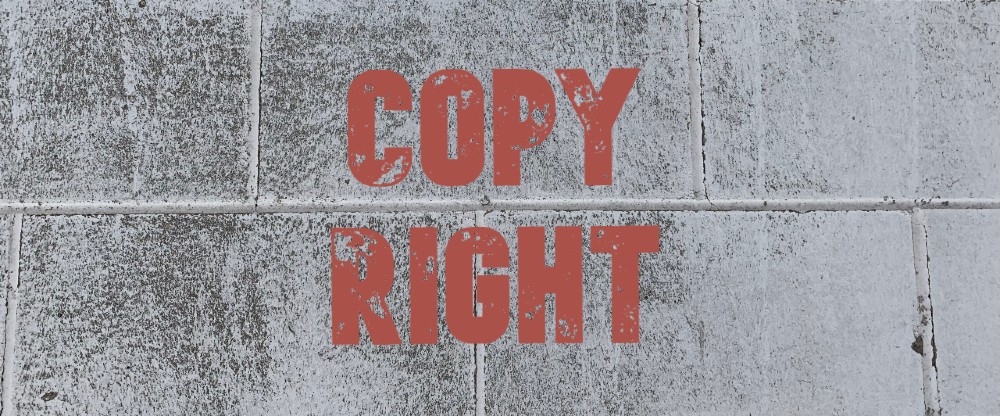When it comes to protecting your creative work, one question that often comes up is whether you need to register your copyright. The short answer is that you don’t have to, but it’s generally a good idea to do so.
As soon as you create a work and fix it in a tangible form, such as by writing it down or recording it, you automatically have copyright protection. This means that you have exclusive rights to reproduce, distribute, perform, and display your work, and to create derivative works based on it. However, simply having copyright protection doesn’t necessarily give you the tools you need to enforce it.
That’s where copyright registration comes in. By registering your work with the Copyright Office in the United States (or a similar organization in other countries), you gain several important benefits. One of the most significant is the ability to sue for infringement in federal court. If someone is using your work without your permission and you haven’t registered your copyright, the court will not hear your case. But if you have registered your copyright within a certain time period, you can pursue your case and, also seek statutory damages and attorneys’ fees. These can be substantial, even if you can’t prove that you actually suffered any damages.
Another benefit of registration is that it can be used as evidence of the validity of your copyright in court. For example, if someone is accused of infringing your copyright and they claim that your work is not original or that you don’t own the rights to it, having a registration certificate can help to prove that your work is valid and that you are the rightful copyright holder.
In summary, while copyright registration is not mandatory, it’s a good idea to register your work because it provides a means to enforce the rights of copyright holders if someone is using it without permission and also can be used as evidence in court if any infringement claim arises.
Evan Brown is a technology and intellectual property attorney in Chicago. Follow him on Twitter at @internetcases.


